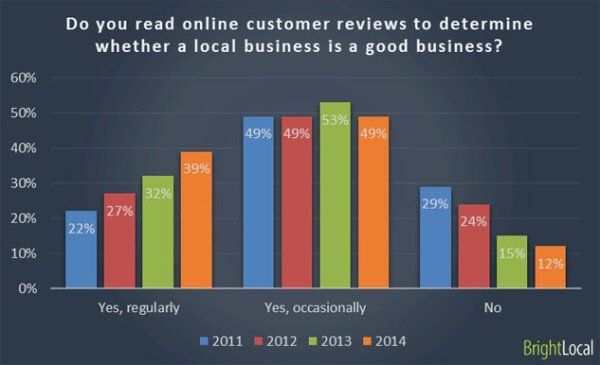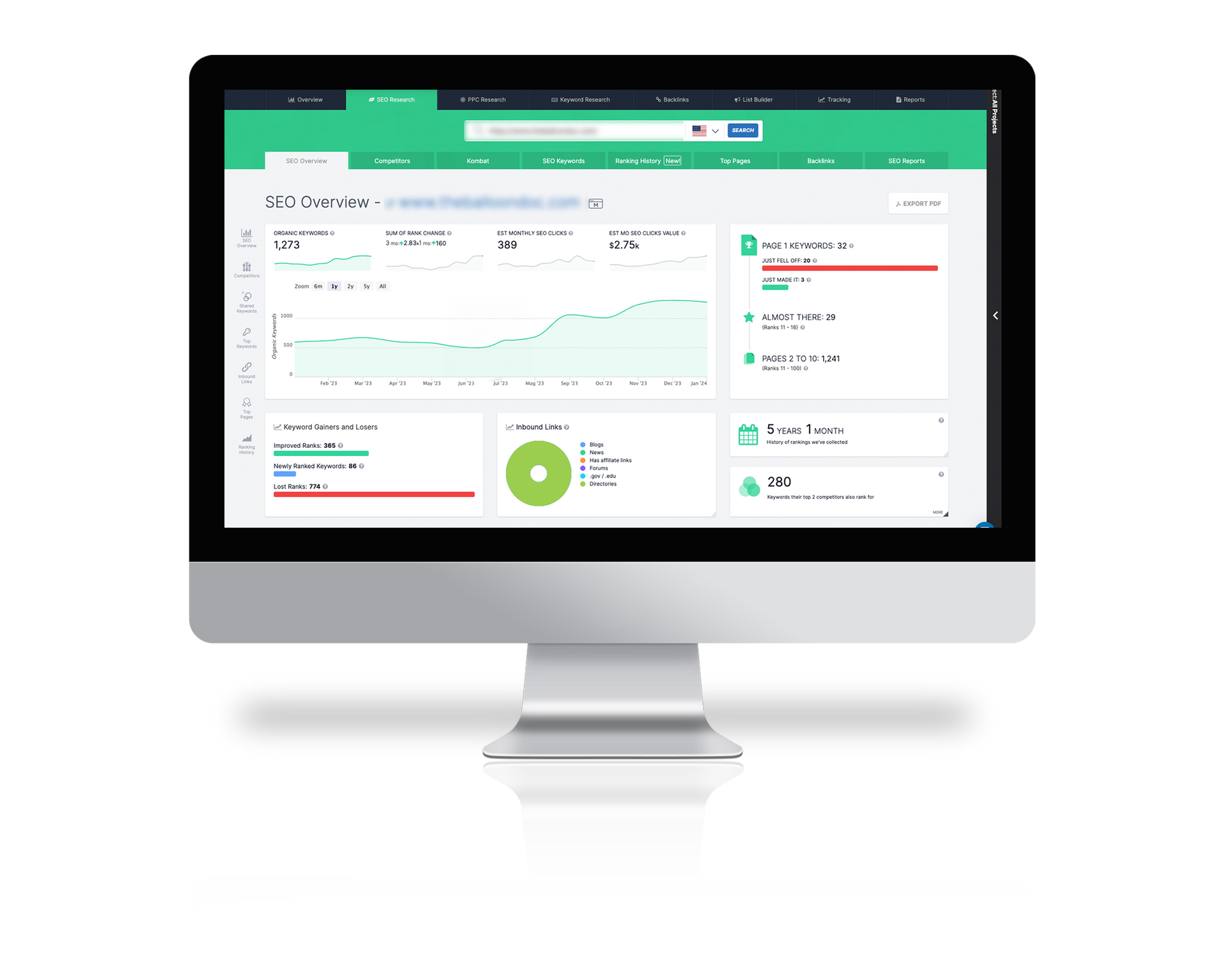Reputation Marketing
Consumers want to spend their money with someone they can trust.

Reputation management is the art of controlling what people see when they search for you on Google, as well as how you respond to what people are saying about you. And since the internet is a huge place, there’s a lot that goes into it. Reputation management includes everything from optimizing your SEO strategy so that the right sites appear in search results, to the way you respond to customer reviews. Does it Really Matter? Yes, reputation management absolutely matters. We all know how important it is to make a good first impression, and many times a customer’s first impression of you is going to be what they see when they Google your business. When people want to learn about something, they search for it online. And for the most part, anyone can say whatever they’d like about you at any given time on the internet – even if it isn’t entirely true. So you need to take steps that ensure people will see information that portrays your business the way you want it to be seen. Because it’s so important, every business big or small needs to have a strategy in place for managing their reputation online. Here are the essential steps you should take to ensure your reputation is protected online.

88% Have Read Reviews To Determine The Quality Of A Local Business
Analysis:
Nearly 9 in 10 consumers have read online reviews to determine the quality of a local business, and 39% do so on a regular basis. The “trend line” over the last four years clearly shows how much more regularly people are reading reviews, clearly highlighting the need for local businesses to attract more reviews and actively manage their online reputation.
The steady decline of consumers in the “No” column also allows us to forecast the way consumer attitudes are likely to continue changing in the future.







